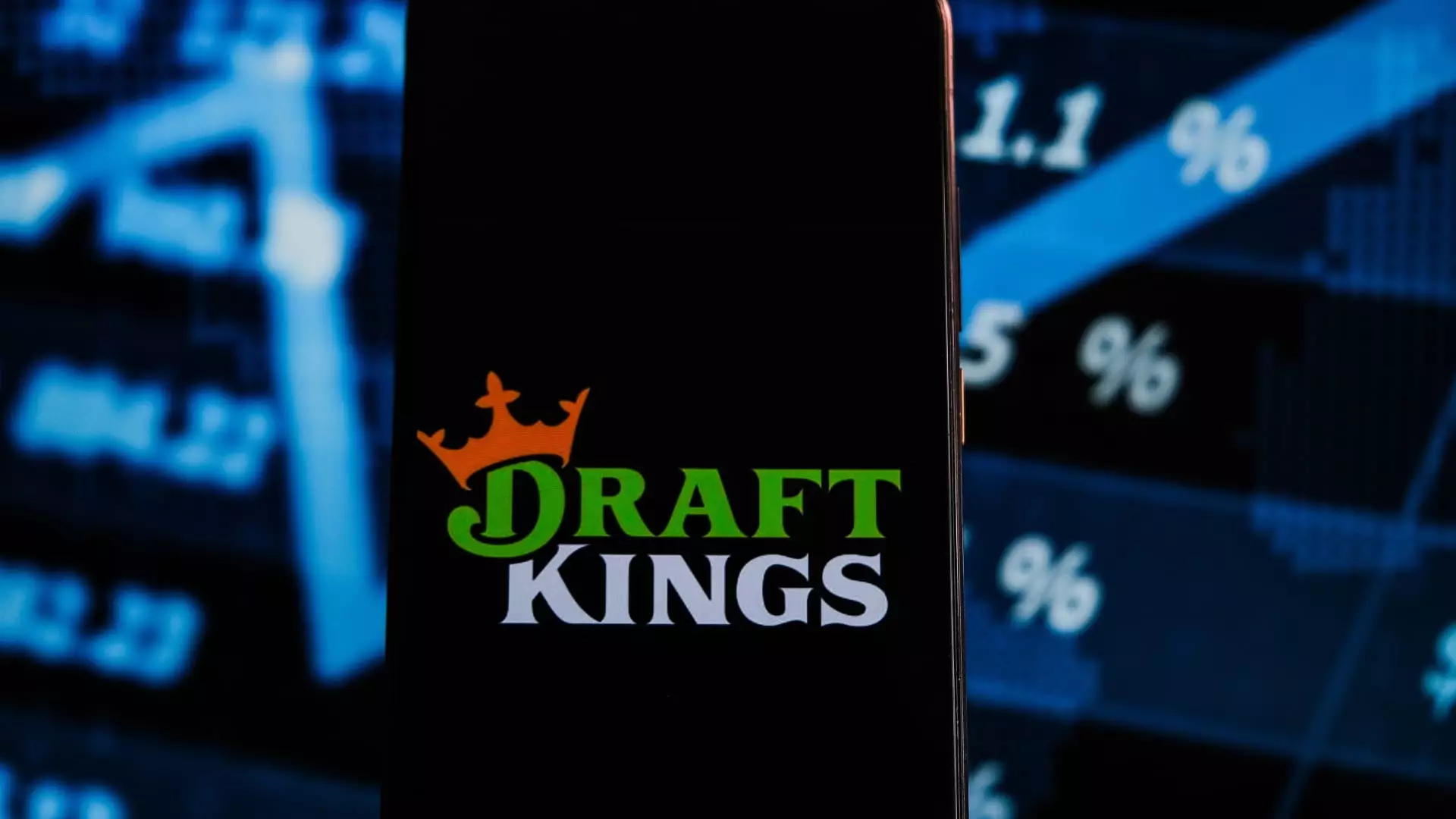In a troubling development for investors in online sports betting, Illinois has approved a budget laden with increased taxation on wagers. This move has sent shockwaves through the market, causing significant drops in stock prices for prominent players like DraftKings and Flutter Entertainment. With DraftKings losing over 6% and Flutter facing a decline exceeding 2%, investors are understandably rattled. This isn’t just a minor bump in the road; it’s a clear signal that the landscape of online sports betting is changing, and not for the better.
As a savvy observer of American economic trends, one cannot ignore the broader implications of Illinois’ decision. By raising taxes to this extent—25 cents per wager on the first 20 million bets and 50 cents thereafter—Illinois is setting a precedent that may encourage other states to follow suit. The ramifications of this move could be catastrophic, especially for investors who are already wary of state-level government interference in what has become a robust and lucrative industry.
Investor Anxiety: The Ripple Effect Across States
This elevated tax structure raises significant concerns about sustainability within the industry. Analysts like Barry Jonas of Truist have noted that higher taxation rates could deter growth just when online sports betting is beginning to flourish. With Illinois now among the frontrunners in state tax rates for digital betting—reportedly among the highest in the nation—it raises a critical question: Will legislators in other states see this as an easy solution to their budget woes?
As states contend with fiscal deficits, they may be tempted to implement or enhance online gambling taxes, assuming that they can capture a growing revenue stream. This short-sighted strategy has the potential to stifle the very industry they aim to profit from, striking a blow to future innovation and player engagement. It appears that Illinois’ budgetary decisions could serve as a troubling template for others, thus intensifying investor anxiety in the process.
Market Disparity: The Stakes for Major Players vs. Small Operators
Diving deeper into the market, we find that the impacts of such taxes are not uniform. While major players like DraftKings and Flutter may weather the storm with their considerable resources, smaller competitors in the online sports betting space may find themselves significantly disadvantaged. The burden of increased taxes may force them to rethink their business models or even exit the market entirely, leading to decreased competition—a reality that would harm the consumer experience.
To this end, the implications are far-reaching. It is fascinating to note that, despite the escalating tax burdens, some operators, such as MGM Resorts and Penn Entertainment, are also feeling the pinch. Even modest declines in their stock prices hint at a sector-wide malaise, signaling that no one is immune to the whims of state governance when it comes to taxation policies.
A Call for Responsible Governance
Amid this upheaval, one cannot help but wonder about the responsibilities of state legislators. Are they prioritizing short-term revenue over the long-term viability of a burgeoning industry? The stakes at play are not just financial; they involve the livelihoods of thousands who work in this sector and the enjoyment of millions of sports fans across the nation. If lawmakers don’t tread carefully, the online sports betting landscape may become riddled with obstacles that undermine its success and accessibility, ultimately harming consumers and investors alike.
As the winds of change sweep through the online sports betting market, it becomes increasingly evident that responsible governance is essential. The challenge lies in balancing fiscal needs with the promotion of a vibrant and competitive industry. The lessons from Illinois serve as both a stark warning and a call to action for state legislatures across the country.

